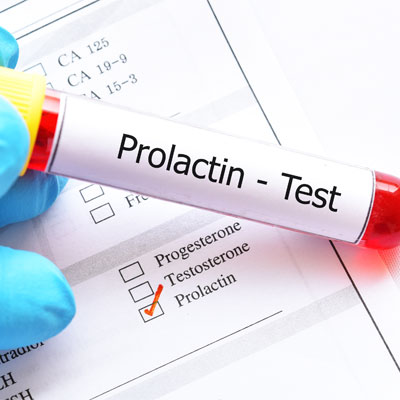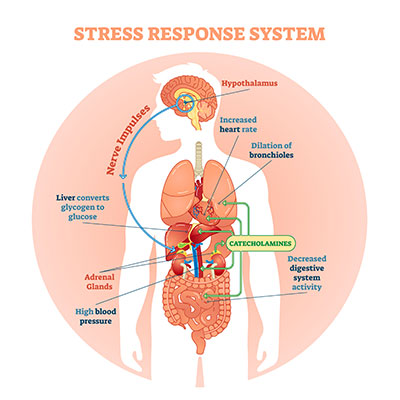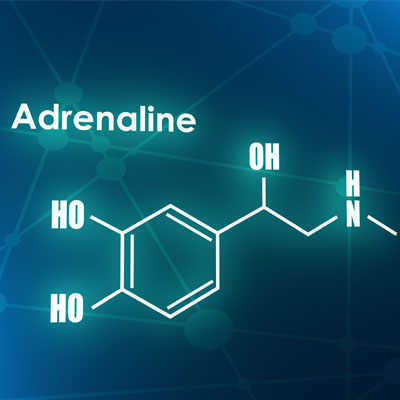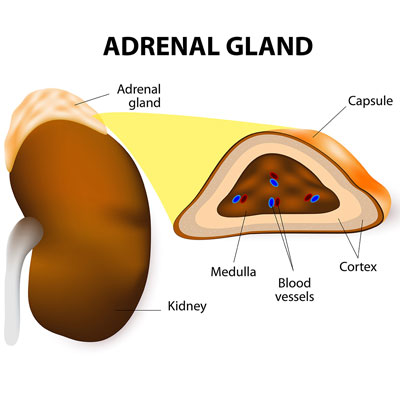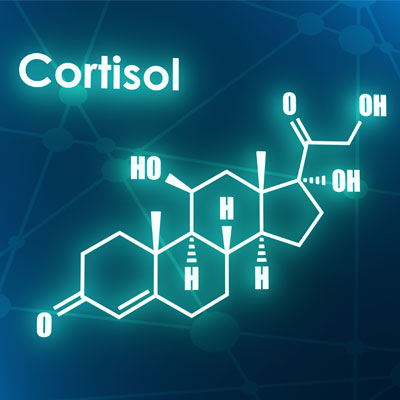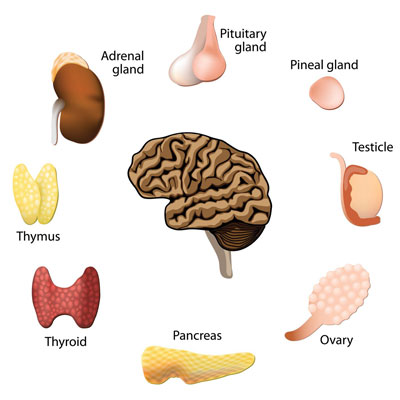Contents
Every hormone has its place in the body – even the stress hormones. There are times when your body needs you to be alert and ready to react to a potentially dangerous situation. Stress hormones, also called glucocorticoids, can improve your reactivity time.
The Trusted sourceStress and hormonesNCBIGo to sourcestress hormones definition will change from one hormone to another. Together, they are a group of hormones that impact the blood, tissues, and brain. Their purpose is to prepare the body for some form of emergency action. By doing so, they make it possible for the skeletal muscles to propel the body away from danger. These hormones send an increased blood supply to the muscles so that they have the necessary oxygen and fuel to respond at a moment’s notice.
The list of stress hormones below includes the three most common reactors:
- Cortisol
- Epinephrine (adrenaline)
- Norepinephrine
You may have heard of the “fight or flight” reaction that takes over in times of stress. When any of these hormones are released in response to a stressful situation, they make it possible for you to either stand your ground and fight or run.
As important as the stress hormones are, they can also create havoc for other hormones. When remaining in the bloodstream for too long, or at increased levels, they can hinder other hormone production.
Trusted sourceCortisol: General InformationYou and Your Hormones Go to sourceCortisol , epinephrine, and norepinephrine are also known as stress hormones because they help out during times of illness or injury. Even though the brain may not consciously sense stress, the body is in a state of stress when undergoing the need for repair.
What Causes the Release of Stress Hormones?
At the first sign of stress, the hypothalamus triggers an influx of nerve and hormone signals. These signals go to first to the pituitary gland stimulating the release of other hormones. Then, the adrenal glands respond by releasing a surge of stress hormones such as Trusted sourceWhat is EpinephrineMedical Life SciencesGo to sourceepinephrine and cortisol.
Your body needs these hormones in stressful times to increase energy so that you can respond to the situation. However, once the danger passes, it is necessary for the levels of cortisol, epinephrine, and norepinephrine to decline. If the stress hormones do not decrease and stay heightened, they can adversely influence other hormone levels.
Function of Cortisol
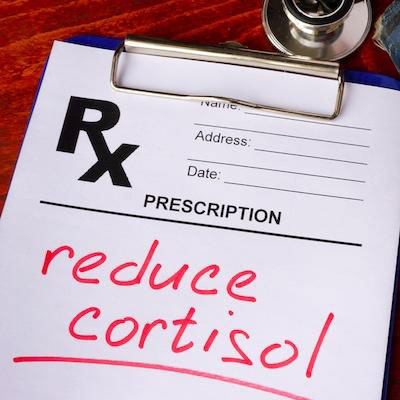
Other functions of cortisol include regulating:
- Blood sugar levels (counteracting insulin)
- Metabolism
- Electrolytes
- Inflammation – reducing itchiness, redness, and swelling
One of the first things that cortisol does is inhibit all nonessential responses. It does not want anything standing in the way of your “fight or flight” actions.
Here are some of the ways that elevated cortisol impacts the body:
- Suppresses digestive enzymes and functions – that is why you may feel a tightening in your stomach or intestines during times of stress.
- Alters immune responses – that is why people with continually high-stress levels tend to get sick more often than people with low-stress levels.
- Decreases reproductive and growth functions – cortisol inhibits the body’s release of testosterone and human growth hormone. When cortisol levels are high, testosterone and HGH levels decline.
You should also know that other factors besides stress can increase cortisol levels, including:
- Depression
- Pituitary tumors
- Excessive alcohol intake
- Smoking
- Poor dietary habits
- Lack of sleep
- Cushing’s syndrome
Function of Epinephrine (Adrenaline)
Often called adrenaline, epinephrine is the primary “fight or flight” hormone. Exercise can also increase epinephrine levels, as can feelings of anger. After secretion from the adrenal glands, epinephrine enters the bloodstream and increases your heart rate. Epinephrine also stimulates the following responses:
- Pupil dilation
- Increasing blood flow to the muscles
- Boosting blood sugar levels
- feelings and arousal due to fear
Epinephrine is used medically to maximize blood flow during cardiac arrest or Trusted sourceWhat are the symptoms of anaphylactic shock?Medical News TodayGo to sourceanaphylactic shock . Inhaling small doses of epinephrine can provide short-term relief for asthma attacks.
Function of Norepinephrine
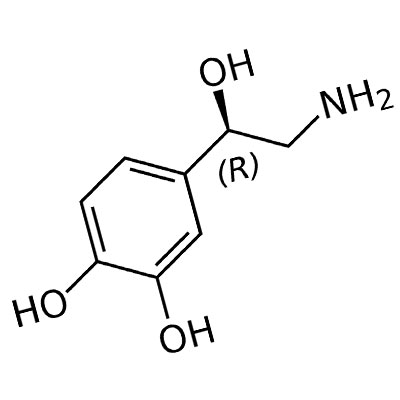
A primary difference between the two hormones is that while adrenaline is found in the adrenal glands, norepinephrine is stored in adrenal tissue.
Norepinephrine performs the following functions:
- Triggers vasoconstriction – narrowing blood vessels to increase blood pressure
- Increases blood glucose levels
- Boosts the amount of circulating free fatty acids
It is vital to know how to control stress hormones so that your body and brain do not remain in a heightened state of stress. Norepinephrine also decreases blood flow to the gastrointestinal system, interfering with digestion, and can inhibit urinary functions. Elevated norepinephrine levels can impair immune functions, slow healing, cause sleeplessness, low libido, and depression.
Stress Hormones and Memory
It is also vital to point out the connection between stress hormones and memory. In an extensive study of 4,244 individuals without dementia (average age 76 years, 58% female), results showed that those who had higher levels of cortisol in the evening had smaller total brain volume. These results were especially seen in the gray matter areas and were linked to reduced cognitive functions. The adults who had higher morning cortisol levels had greater than normal volume in white matter, along with better executive functioning and processing speed. However, they did not have better memory performance.
Epinephrine can also impact memory especially in response to post-traumatic stress situations. By modulating memory consolidation of the stressful evens, epinephrine regulates memory proportional to its importance in the situation.
Norepinephrine supports the formation and retrieval of memory.
Stress Hormones and Aging
Stress can also impact the natural aging process. What are stress hormones going to do to the body that cause it to age faster? The first issue has to do with human growth hormone. HGH stimulates the body’s ability to regenerate new cells. Without enough new cells, internal organs shrink, skin sags and wrinkles form, hair turns gray and becomes thinner, and weight increases. Human growth hormone protects the muscles and bones from becoming weak, and it stimulates brain functions and immunity.
The effects of stress hormones on the body long-term reduce immune and gastrointestinal functions. This puts the body at risk of many serious health conditions. Since stress inhibits the body’s ability to relax and fall asleep, cognitive decline and depression become an issue. Both the brain and the body begin to age faster.
Influence of Stress Hormones on Other Hormones
The stress hormones tend to down-regulate vital thyroid hormones such as T3 and T4. Thyroid-stimulating hormone from the pituitary gland declines due to the glucocorticoid action on the central nervous system.
When you are dealing with chronic stress, hormones such as cortisol can impair your body’s ability to produce essential hormones that aid in normal tissue repair. Too much cortisol reduces growth hormone levels, which impairs cellular regeneration. As a result, the skin becomes thinner and fragile. Cortisol can lead to a longer healing time following an injury or tear to the skin.
Elevated cortisol levels can have a detrimental impact on a woman’s menstrual cycle. Since cortisol also inhibits testosterone production, it can offset the balance between that hormone and dihydrotestosterone. The result is often an increase in facial hair growth and thinning or balding of the hair on the head.
Men experience many of the same problems with DHT, testosterone, and hair growth. Males can experience an increased risk of prostate disease Also, both sexes may suffer from impaired sexual responses and feelings. Ongoing stress can increase the risk of diabetes and infertility.
Epinephrine inhibits pancreatic insulin secretion and insulin-mediated muscle glycogenesis. Conversely, epinephrine increases adrenocorticotropic hormone (ACTH), pancreatic glucagon secretion, and stimulates glycolysis and glycogenolysis.
Stress Hormones and Weight Gain
There is a definite connection between stress hormones and weight gain. Excess cortisol tends to cause fat retention in the abdomen and face. Cortisol is a primary stimulator of the hunger hormone ghrelin, which can lead to overeating. It also decreases leptin, the hormone that inhibits hunger.
Another problem with stress hormones and weight is the fact that cortisol and epinephrine cause the body to utilize calories from carbohydrates and protein – pulling it from lean muscle. Since stress hormones lower HGH production, which is critical for the burning of stored fat, you are left with increased fat but reduced muscle mass.
How to Balance or Reduce Stress Hormones
It is vital that you reduce stress hormones for optimum health. Here are some things you can do to get your stress hormone levels down:
- Quit smoking
- Decrease alcohol consumption
- Practice meditation
- Do yoga or Tai Chi
- Exercise regularly
- Eat a healthy, well-balanced diet
- Get a hobby
- Laugh more – watch a funny movie
- Get together with friends
- Listen to music
- Get more sleep – 7 to 8 hours a night
- Go for a long walk each evening
- Salam Ranabir, MD., K. Reetu
- Juliana Nery de Souza-Talarico, PhD., Marie-France Marin, PhD., Shireen Sindi, PhD., Sonia J. Lupien, PhD.
- Helen Lavretsky, MD., Paul A. Newhouse, MD.
- Eline S. van der Valk, PhD., Mesut Savas, MD., MSc., Elisabeth F. C. van Rossum, MD., PhD.
Effects of stress hormones on the brain and cognition: Evidence from normal to pathological aging
Stress, Inflammation and Aging
Stress and Obesity: Are There More Susceptible Individuals?



